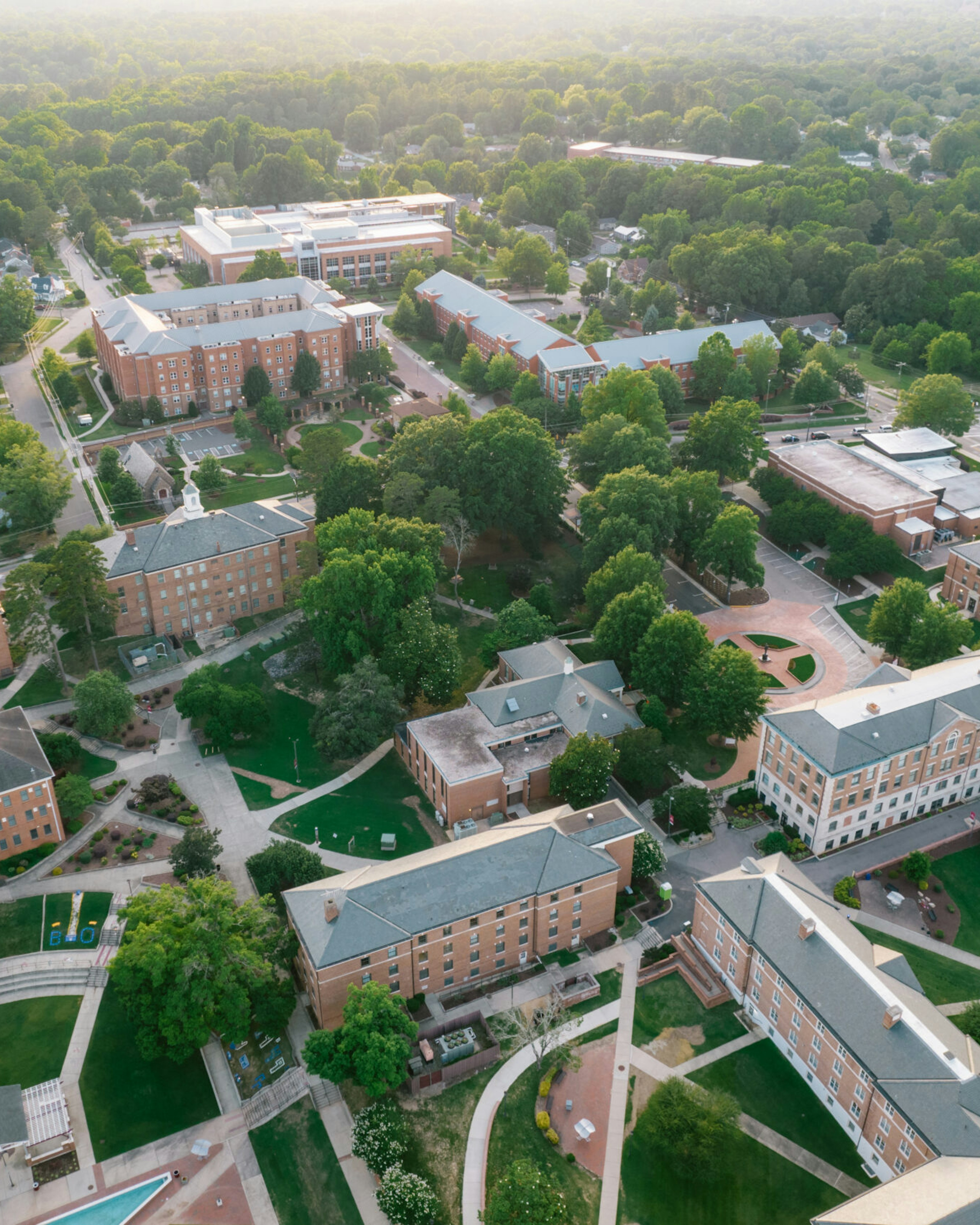What does the phrase ‘actions speak louder than words’ mean?
For one thing, it means that even the strongest words are meaningless when not backed by action.
Nowhere is that truer than in the American university. As a First Amendment attorney who litigates campus free speech cases across the country, I’ve seen this time and again. Most universities say they support free speech, but very few have the courage to back that up.
This lack of courage is illustrated by a former client’s recent experiences at two major universities.
During the 2019-2020 school year, Jack Denton, the Student Senate president at Florida State University, was bullied, harassed, and eventually removed from his position for privately sharing his religious beliefs.
If that summary sounds outrageous, the details are even worse.
In a private group chat made up of fellow Catholic students, Jack expressed his beliefs about abortion and human sexuality — beliefs consistent with his Catholic faith. Someone in the group shared screenshots of his messages with members of the Student Senate, and in a matter of days, the senate had scheduled a special public meeting to consider whether to remove Jack as president.
Jack sat in that meeting for five hours while his character was defamed, and he was called all kinds of false, derogatory names by dozens of students, most of whom didn’t even know him. Afterward, the senate voted 38-3 to remove him as president.
The behavior of these students was bad enough, but worse still was the behavior of school administrators. Jack had been ousted from his student government position — a campus job at a public university — for sharing his religious beliefs. Student senators admitted to this. It was a blatant violation of university policy prohibiting religious discrimination, not to mention the First Amendment. Yet administrators did nothing to defend Jack. One university official even sat in during his interrogation, saying nothing while student after student berated Jack for expressing his Catholic beliefs.
Thankfully, Jack’s story didn’t end there. With the help of my team at Alliance Defending Freedom, Jack filed suit against the school for violating his rights of free speech and religious freedom. After a federal court ruled that FSU had likely violated his rights, the FSU Student Supreme Court reinstated him as president, and the university agreed to settle the lawsuit.
That closed the book on the legal question for Jack, but a bigger question remained open: How could all this have happened in the first place? How could a public university fail so spectacularly to protect the rights of a student?
The failure wasn’t due to school policy — it was due to school officials.
Which brings me to the University of North Carolina School of Law, where Jack is currently enrolled as a first-year law student. A few weeks ago, the campus chapter of the Federalist Society, of which Jack is a member, invited my ADF colleague Dr. Jeffery Ventrella to give a talk about legal education.
Like clockwork, Dr. Ventrella’s lecture was interrupted by around 30 noisy protesters chanting and holding signs. While Dr. Ventrella was eventually able to complete the lecture, it took far longer than it should have and was substantially disrupted.
The behavior of the protesting students was infantile, but once again, it was the behavior of school administrators that was truly shameful.
Like at FSU, the school’s written speech policies were commendable. And on the morning of the event, administrators even sent an email to students reiterating those policies.
Students were told that the university “respects the rights of speakers invited to campus to be heard and to complete their presentations, regardless of the content of their speech.” They were assured that “if an attendee behaves disruptively or interferes with an invited speaker’s ability to be heard or be viewed by other members of the audience, the attendee causing the disruption will receive a warning.” And they were told that if an attendee continued to disrupt an event, the heckler could be removed or even arrested depending on the circumstances.
That’s not what happened at the Federalist Society event. Far from enforcing the policy, administrators actively facilitated the disruption and heckling.
One dean who was sitting in the room refused to let in security personnel who were waiting in the hallway — even after Dr. Ventrella had been shouted down multiple times. And when a Federalist Society member walked outside to bring in security herself, the dean prevented them from coming in.
Like the administrator at Florida State who looked on as a student was ridiculed for sharing his Catholic faith, this administrator acted as if she were powerless, as if she hadn’t — just hours before — articulated the policy that she was now unwilling to enforce.
Simply put, neither administrator did their job. Their actions spoke loud and clear.
Nevertheless, free speech on college campuses is winning in the courtroom — Jack’s case is just one of many examples. But constitutional free speech policies mean nothing when school officials refuse to abide by them.
It’s good that administrators say they value free speech. Now it’s time for them to show us they actually do.
Their words are empty when they’re not backed by action.
Tyson Langhofer serves as senior counsel and director of the Center for Academic Freedom at Alliance Defending Freedom (@ADFLegal).
The views expressed in this piece are those of the author and do not necessarily represent those of The Daily Wire.

Continue reading this exclusive article and join the conversation, plus watch free videos on DW+
Already a member?


